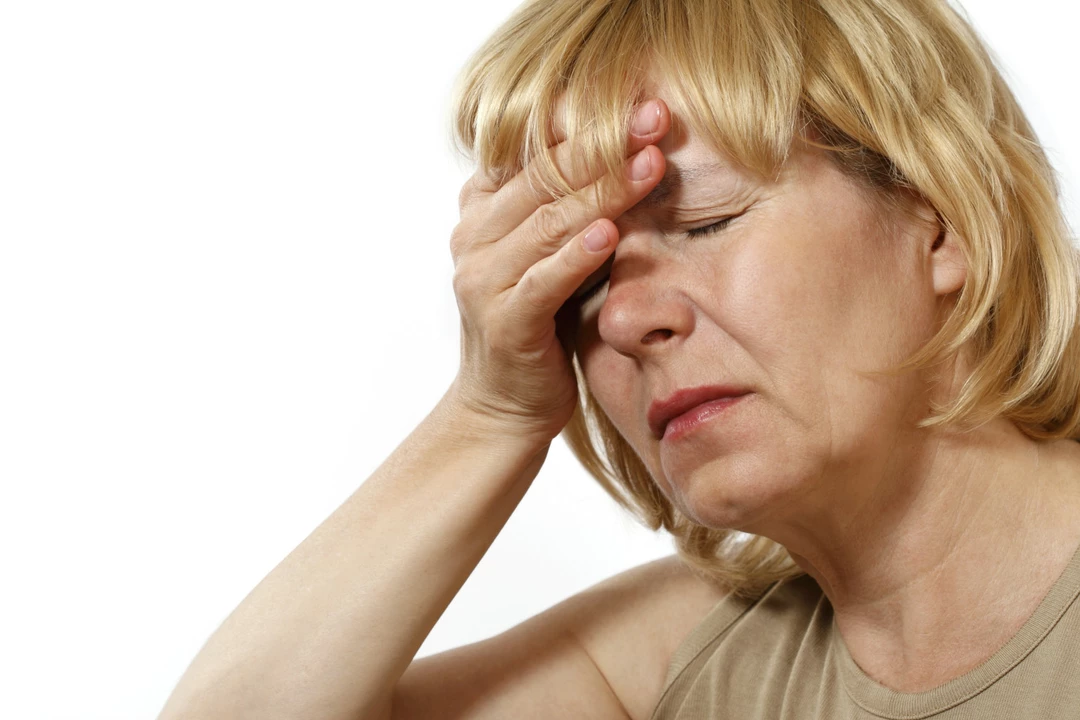Understanding Menopause: What You Need to Know
Menopause is a natural phase in a woman's life when her menstrual cycles end, typically happening between ages 45 and 55. So what exactly happens? Because hormone levels drop—especially estrogen—your body starts to change. This can lead to symptoms like hot flashes, mood swings, night sweats, and irregular periods. Sometimes, these changes catch women off guard, but knowing what to expect can make a big difference.
While menopause is normal, the symptoms can be tough. Hot flashes might hit at unpredictable times, and sleeping through the night can become tricky. You might feel more irritable or even notice changes in your skin or weight. These can affect your daily life, but remember: many effective ways can help you feel better.
Managing Symptoms and Treatment Options
There are several approaches to ease menopause symptoms. Lifestyle changes like regular exercise, a balanced diet, and good sleep habits go a long way. If symptoms are severe, hormone replacement therapy (HRT) is often considered—it helps replace estrogen and can ease hot flashes and mood changes. But HRT isn't for everyone, so it’s important to chat with your doctor about the benefits and risks based on your health history.
Non-hormonal treatments can also help. Certain medications originally meant for other conditions have been found useful in calming hot flashes or improving mood. Plus, some women find relief with natural supplements like black cohosh or plant-based options, but it's wise to check with a healthcare provider before trying these. Every woman’s experience is different, so tailoring the approach to your needs is key.
Taking Charge of Your Health During Menopause
Menopause is a chance to focus on your well-being. Regular check-ups become even more important because risks for heart disease and osteoporosis increase as estrogen drops. Stay active, eat calcium-rich foods, and consider bone density tests if your doctor recommends. Mental health matters, too—don’t hesitate to seek support if you feel anxious or down.
At InsiderRx, we're here to guide you through the ups and downs of menopause with trustworthy info and practical advice. Remember, menopause is a phase, not a problem, and with the right tools, you can navigate it confidently and comfortably.

Dosulepin and Menopause: Can This Antidepressant Help Alleviate Symptoms?
As a blogger, I recently came across an interesting topic - the connection between Dosulepin and menopause. Dosulepin is an antidepressant that has been found to potentially help alleviate some menopause symptoms. From my research, it seems that this medication may work by balancing hormones and providing relief from mood swings, anxiety, and even hot flashes. However, it's essential to consult a medical professional before trying any new medication, as individual experiences may vary. I am intrigued by this possible solution and plan to continue exploring its potential benefits for menopausal women.